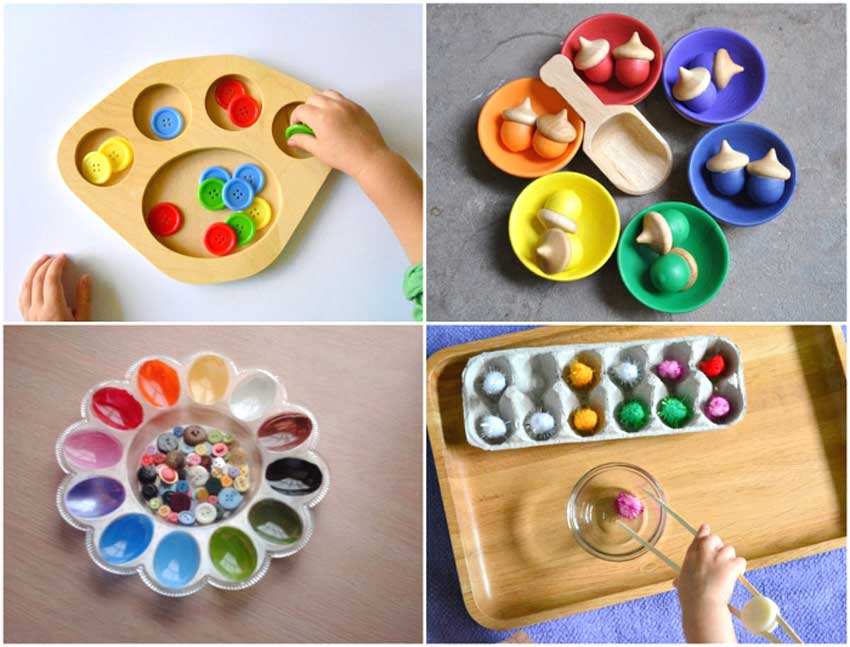The Essential Guide to Childhood Development
Childhood development is an important part of a child’s life. It is the process of physical, cognitive, social, and emotional growth that occurs from birth to adolescence. It is a complex process that is influenced by a variety of factors, including genetics, environment, and experiences. Understanding the stages of childhood development can help parents and caregivers provide the best possible care for their children.
Physical Development
Physical development is the process of growth and maturation of the body. It includes changes in height, weight, and motor skills. During the first year of life, babies grow rapidly, doubling their birth weight by five months and tripling it by one year. During this time, babies learn to roll over, sit up, crawl, and eventually walk. As children grow, they become more coordinated and develop fine motor skills, such as writing and drawing.
Cognitive Development
Cognitive development is the process of learning and understanding the world. It includes the development of language, problem-solving skills, and memory. During the first year of life, babies learn to recognize faces, understand simple words, and respond to their environment. As children grow, they learn to think abstractly, use language to communicate, and solve problems.
Social Development
Social development is the process of learning how to interact with others. It includes the development of social skills, such as sharing, cooperating, and taking turns. During the first year of life, babies learn to recognize and respond to facial expressions and gestures. As children grow, they learn to interact with others, make friends, and understand social rules.
Emotional Development
Emotional development is the process of learning how to regulate emotions. It includes the development of self-awareness, self-control, and empathy. During the first year of life, babies learn to recognize and respond to different emotions. As children grow, they learn to express their emotions, manage their feelings, and understand the feelings of others.
Nutrition
Nutrition is an important part of childhood development. Eating a balanced diet helps children grow and develop properly. It is important to provide children with a variety of foods, including fruits, vegetables, whole grains, and proteins. It is also important to limit sugary and fatty foods.
Exercise
Exercise is an important part of childhood development. Regular physical activity helps children grow and develop properly. It also helps them stay healthy and fit. It is important to encourage children to be active and participate in activities that they enjoy.
Sleep
Sleep is an important part of childhood development. Getting enough sleep helps children grow and develop properly. It is important to establish a regular bedtime routine and ensure that children get enough sleep each night.
Safety
Safety is an important part of childhood development. It is important to ensure that children are safe at home, at school, and in the community. It is also important to teach children about safety rules and how to protect themselves.
Childhood development is a complex process that is influenced by a variety of factors. Understanding the stages of childhood development can help parents and caregivers provide the best possible care for their children. It is important to provide children with proper nutrition, exercise, sleep, and safety. It is also important to encourage children to explore and learn. By understanding the stages of childhood development, parents and caregivers can help their children reach their full potential.

